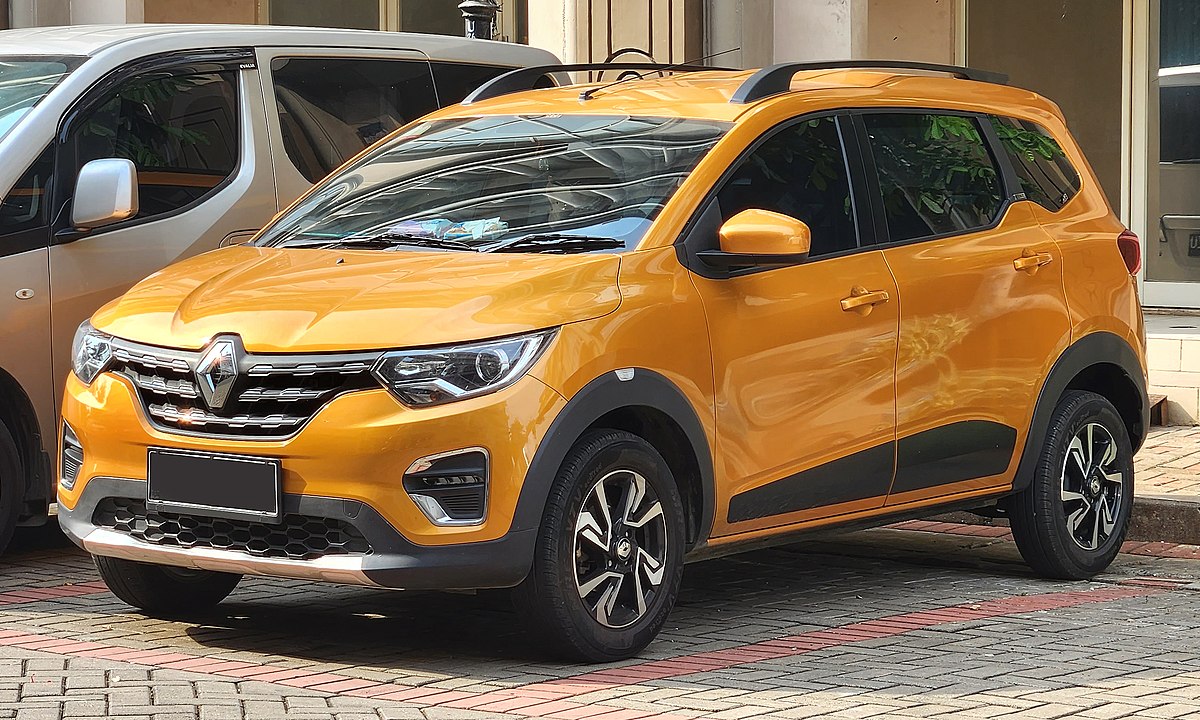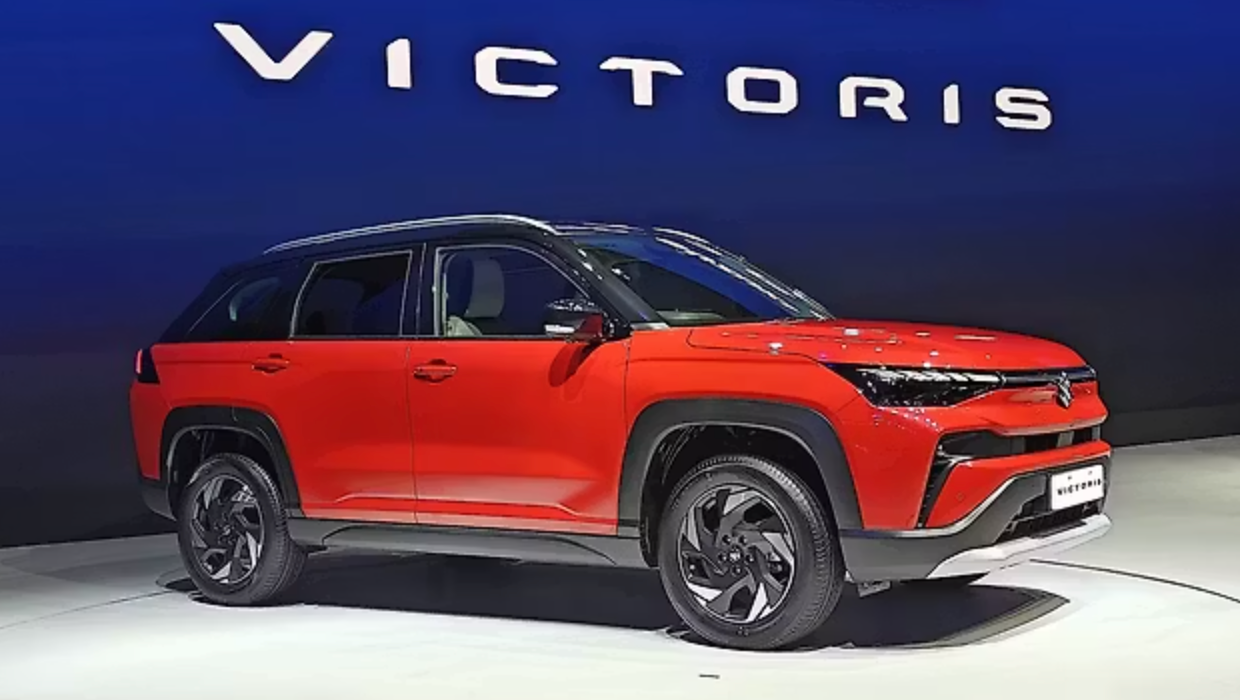Renault Triber Fails Global NCAP Crash Test, Raises Safety Concerns
The Renault Triber, a popular sub-compact crossover MPV manufactured in India, has recently undergone a crash test conducted by the Global New Car Assessment Programme (Global NCAP). The results are alarming, with the vehicle securing a dismal two-star rating for both adult and child occupant protection. This stark contrast to the India-spec Triber’s previous four-star rating under older protocols highlights the escalating safety standards and the Triber’s failure to meet the benchmark.

A Closer Look at the Crash Test Results
The Global NCAP’s rigorous evaluation assessed the Triber’s performance in frontal, side, and pole impacts. The vehicle’s bodyshell was deemed unstable, incapable of withstanding further load, raising serious concerns about occupant safety in the event of a collision. While the driver’s footwell area provided adequate protection, the passenger side exhibited vulnerabilities.
In the frontal impact test, the Triber offered ‘good’ protection for the heads and necks of both driver and passenger. However, chest protection for the driver was rated ‘weak,’ while the passenger’s chest protection was deemed ‘adequate.’ Knee protection varied, with ‘marginal’ protection for the driver and ‘good’ for the passenger.
Side impact results were equally concerning, with ‘good’ protection for the head, pelvis, and abdomen, but ‘weak’ protection for the chest. The absence of side and curtain airbags precluded a side pole impact test.
The Triber’s performance in child occupant protection was equally disappointing. While the child seats offered full protection in the side impact test, the frontal impact results were alarming. The three-year-old dummy, secured in a forward-facing child seat, suffered poor neck and chest protection due to insufficient anchorage.
Safety Features and Comparison
The South African-spec Renault Triber comes equipped with up to four airbags, ABS with EBD, rear parking camera, and front seatbelt reminders. However, it lacks crucial safety features such as electronic stability control (ESC), tyre pressure monitoring system (TPMS), and hill start assist, which are available in the India-spec model. Additionally, the Indian variant offers rear seatbelt reminders and three-point seatbelts for all rows, enhancing occupant safety.
Implications and Consumer Awareness
The poor performance of the Renault Triber in the Global NCAP crash test underscores the importance of prioritizing vehicle safety. It is crucial for consumers to carefully consider safety ratings when purchasing a car, especially for families with children. The Triber’s results serve as a stark reminder that not all vehicles meet the same safety standards, even within the same model.
Car manufacturers have a responsibility to prioritize the safety of their customers. It is imperative that they invest in research and development to enhance vehicle safety features and meet the evolving safety standards set by global regulatory bodies.
FAQs
Is the Renault Triber safe to drive?
The Renault Triber’s poor performance in the Global NCAP crash test raises significant safety concerns. While it may be drivable, the risk of injury in a collision is higher compared to vehicles with better safety ratings.
What safety features should I look for in a car?
Essential safety features include airbags, ABS, electronic stability control (ESC), tyre pressure monitoring system (TPMS), and child seat anchors (ISOFIX).
How can I check a car’s safety rating?
You can check a car’s safety rating through organizations like Global NCAP or your local automotive safety authority.
Should I avoid buying a Renault Triber?
The decision to buy a Renault Triber is ultimately up to the individual. However, the poor safety rating should be a significant factor to consider, especially if you have children or prioritize safety.




